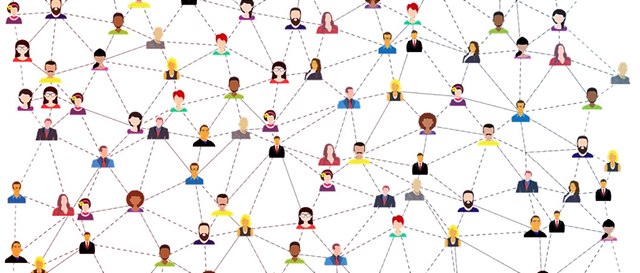Social participation across generations in linguistically diverse societies - risks and chances in times of crises

Linguistic diversity, referring to multiple languages, language varieties, modalities, and registers, is a feature of all contemporary differentiated societies around the globe. Institutional structures of dealing with diversity can be similar across countries and have been found to be entrenched deeply in traditions of monolingualism. This mismatch between monolingual institutions and multilingual populations, language, cultural and social barriers may result in exclusion from full and equal access to institutions, such as education, health, employment and law. At the same time, multilingualism can also be an asset and enhance individual wellbeing, cultural development, and creativity.
Therefore, this project aims to investigate institutional structures of dealing with language diversity within and across countries. By fostering an international and interdisciplinary network of senior and early career researchers on the topic, our project will be world-leading by pursuing systematic international comparative empirical research into linguistic diversity and its consequences for social participation across generations.

